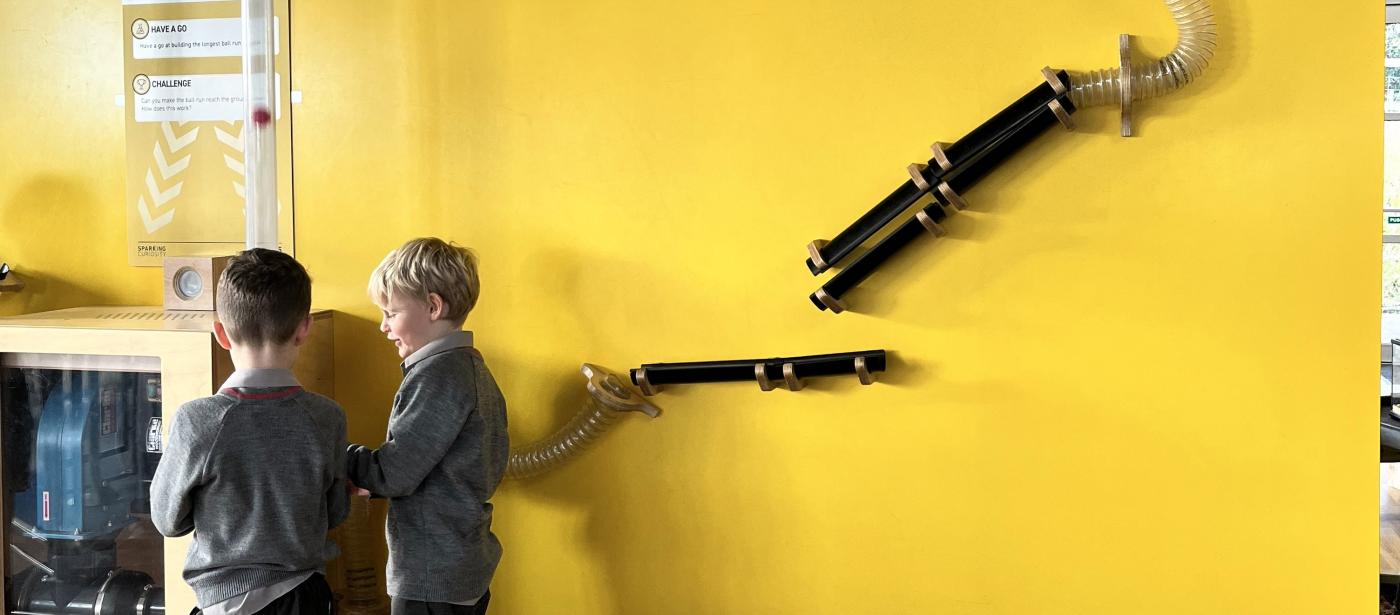It was a real pleasure to accompany Year 1 to Winchester Science Centre for the school trip on Monday. As a Science teacher and Physics graduate, it should come as no surprise that I will advocate passionately for why Science is a key part of our curriculum. Growing up, I can remember being fascinated by all things Space and this culminated in me completing an independent research project on Voyager 1 and Voyager 2 and how they were able to slingshot their way to the very edge of our Solar System.
Year 1’s trip also had a focus on Space exploration and linked to their work on Neil Armstrong. But more on that in a moment. As many of you will know, our curriculum is built around six core learning skills and for me, the science going on in the world of space is a real life example of why these skills are so important.
Only last weekend, we saw Japan land their ‘Moon Sniper’ probe onto the moon’s surface. Why? To show that it is possible to be more precise when aiming for a landing spot on a faraway piece of rock. They were successful, but it hasn’t all been plain sailing. The lander’s orientation means that solar panels are not recharging the lander’s batteries for it to continue its scientific work.
Space X, the company owned by Elon Musk, are another one that I take a great interest in. They have become the most successful of the private space companies that are working with NASA but only because of the way they approach mistakes. Look through the news and you will find examples of Space X rockets blowing up on launch, missing their landing points and rapidly disintegrating. What you will not see though is Elon Musk and his team being put off by this. In fact, it is their appreciation that mistakes are a key component of becoming successful that has driven the company to the point where they can catch parts of a rocket to use again and there is currently a Tesla following the Voyager probes deep into space.
What are those astronauts doing right now? Well interestingly, I spent Monday with some of the potential candidates. Just 5 and 6 years old, it was a joy to see our astronauts looking with wonder at the worlds to be explored inside the planetarium and then to watch as they were pushed to follow Space X’s example in designing their own rockets. Supported by Sam, an Old Westhillian now working at Winchester Science Centre, Year 1 started by adding blocks to their rockets, shaking up the methylated spirit fuel and firing them across the room. Some flopped, others dropped and no one reached Mars; however you could not tell that failure had happened. Reflections on weight, friction, and streamlining were completed and the children built and tested model 2. As you might guess, our astronauts demonstrated perfectly the point I’m trying to make.
So, this week as family and educators of the next generation of Space Explorers which approach do we take? Do we ensure they get it right first time because it’s easy or do we think of the vast expanse of the Universe in which we live and consider providing ‘Space’ for mistakes?

